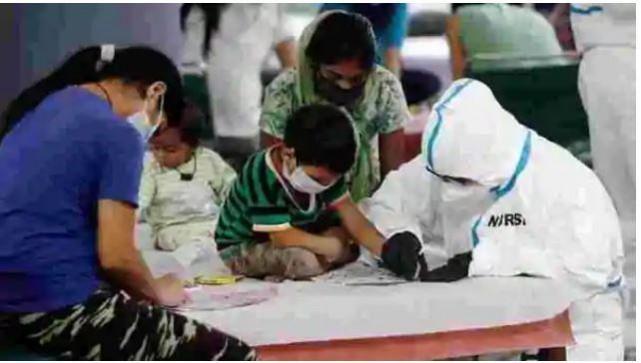
The Bruhat Bengaluru Mahanagara Palike has been trying new ways to control the spread of COVID-19. COVID screening has been a big part of this effort. Now, the BBMP mayor has suggested that 'smell cards' be used at malls to detect possibly infected patients of COVID-19.
This move, however, has not found a great deal of approval amongst authorities or the public so far.
What is a 'smell card'?
The 'smell card' or the 'sniff test' might become the latest addition to the COVID-19 screening done at public spaces and malls before you enter. The BBMP has proposed this new idea, to identify asymptomatic COVID-19 cases.
The BBMP Mayor Goutham Kumar put forward the idea on Wednesday at the Council meeting. The idea is based on a report that suggests that loss of taste and smell are the signs of COVID-19. Therefore, apart from temperature checks, those who enter public places will have to smell a card, with a citrus smell. If they can't identify the smell they will not be allowed in.
The BBMP mayor said, "After 3 days, the first thing to be affected is a loss of smell and taste in COVID-19 cases, a report says. In that regard, I've pitched to the ministers, and health officials in a letter, to detect smell at all malls, mandatorily. Using different smells to check people coming in with smell cards whether they can detect smells. Those who can't detect the smell will be immediately tested."
'An uncertain way to determine Covid'
However, Bengalurueans have found this idea 'disturbing'. The plan is pegged on one symptom 'anosmia' which refers to the loss in smell. But, it's not a reliable way to detect Coronavirus, whose symptoms are a much longer list with many variables.
Many residents in Bengaluru told IBTimes that the idea is alarming, because people may experience a loss of smell for many different reasons, this would be an uncertain way to determine who has COVID-19. One resident told us, "Don't think it's a good idea. It's too vague, what if someone has a stuffed nose? There's always the off chance that you, well lie. That being said, It's always better to add another level of security."
Dr CN Manjunath director of Sri Jayadeva Institute of Cardiovascular Sciences told The Hindu that this symptom is found in less than 5% of the COVID-19 cases which doesn't make it an adequate testing mechanism. Many have wanted this to be backed by other screening methods.
















